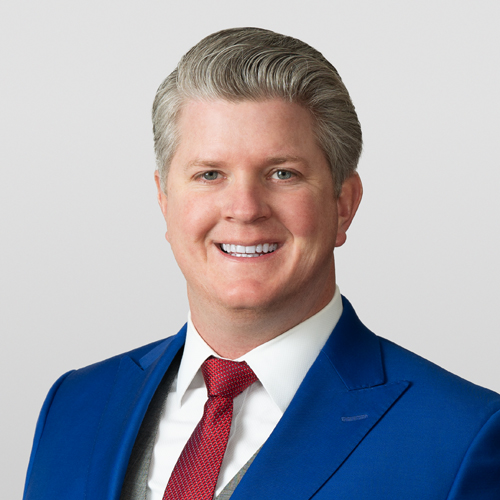
Helping Students Carry the Hidden Costs of Law School
As is the case in law schools across the country, it’s not just tuition or educational costs that are the heavy lift. There are many smaller—but essential—expenses that can be crippling.
Chris White graduated in 2019 with a juris doctor and MBA from American University. He remembers business law students who struggled to find money to take part in externships, internships, and conferences. He knew students whose wallets were gutted by trips to New York for job interviews.
“Certain firms choose to conduct their interviews in their hometowns. They rent rooms in hotels in places like New York City and require students to travel for the opportunity to interview with them,” White said. “I know fellow students who had to be up at 1 or 2 a.m. so they could drive from D.C. to New York to beat the traffic for an early morning interview. They couldn’t afford a hotel to arrive a day earlier to relax and prepare. Instead, they were stressed about the drive, stressed about the gas and tolls, stressed about the interview, and stressed about driving back.
“That’s just not a recipe for success,” he added.
Those cash-strapped students had reached what could be a defining moment in their career path. Yet some had to pass over the opportunity. The ones who could make it to the interviews were unable to put their best foot forward.
The realities of what it takes to secure professional experience and opportunities during law school have spurred White to jumpstart an endowed Washington College of Law fund to cover student travel for interviews, externships, conferences, and seminars. The fund will also help students take advantage of unpaid internships or other career-advancing opportunities.
“This isn’t a scholarship. This is a flexible fund to pay for hotels or Airbnb or simple travel expenses or meals—whatever is needed to alleviate the stress,” said White, who has pledged half the funds needed to meet the threshold for endowment. From past experience, he is confident WCL alumni will rally to help the next generation of law students.
“When I was in school, I was in the transactional law society and we sponsored all sorts of activities,” White said. “We targeted first-year students and alumni. Because they were first-year students, we could host events without the pressure of it being an unofficial job interview or asking the alumni for donations. It was simply an opportunity for alumni to talk about their practice and what a day in their life was really like.
“The first year, there was a tremendous outpouring of 60 or 80 alumni signing up,” White recalled. “And when it came to students, I had to turn them away because too many signed up for the space we had available.”
He said even small contributions from alumni will make a difference. “Take a gift of $2,000 over five years. It’s not a huge ask. Or a contribution of $20 a month or $50 a month adds up quickly,” he said. In addition to helping students, White predicted the fund will bring stronger alumni engagement and an uptick in WCL rankings.
White was on active duty as a surface warfare officer in the U.S. Navy, assigned to a joint-forces unit out of Doha, Qatar, when he decided to become a lawyer. He wanted to work with companies involved in cross-border business. He said AU gave him access to “great professors, great mentors, and great alumni.”
In early 2021, White joined Clark Hill PLC in Lansing, Michigan, assisting domestic and cross-border clients contracting with local and state governments or with the federal government. The new job takes him full circle. His family move to Michigan when he was 10 years old and his parents still live in Okemos. Prior to joining Clark Hill, White worked for global law firm Shearman & Sterling LLC.
Join the effort to advance the Business Law Program Student Opportunity Endowed Fund. The fund gives preference to students pursuing business, corporate, financial, and transactional law.